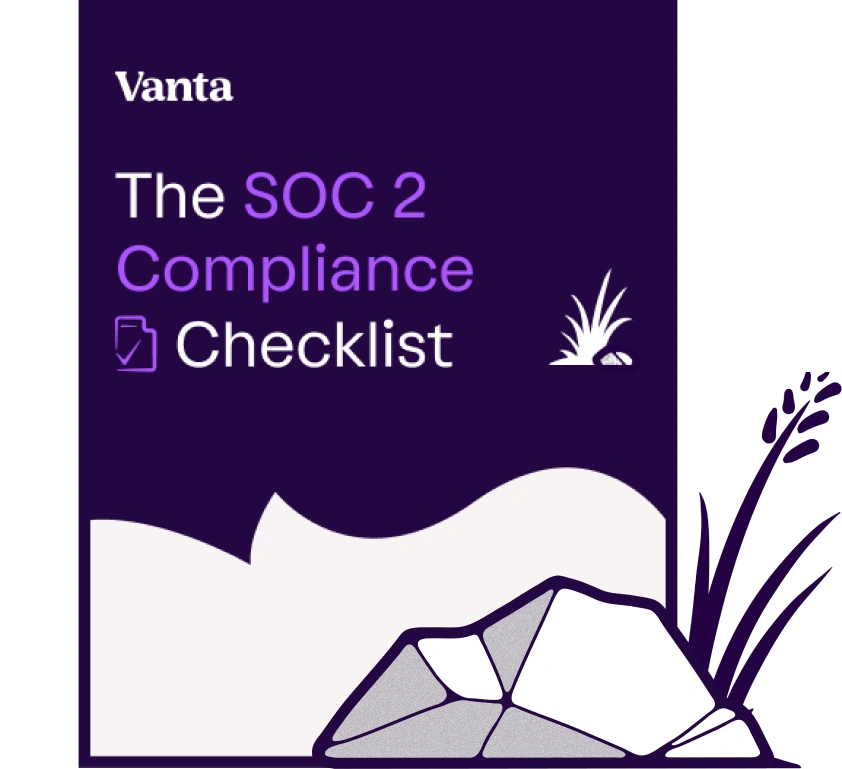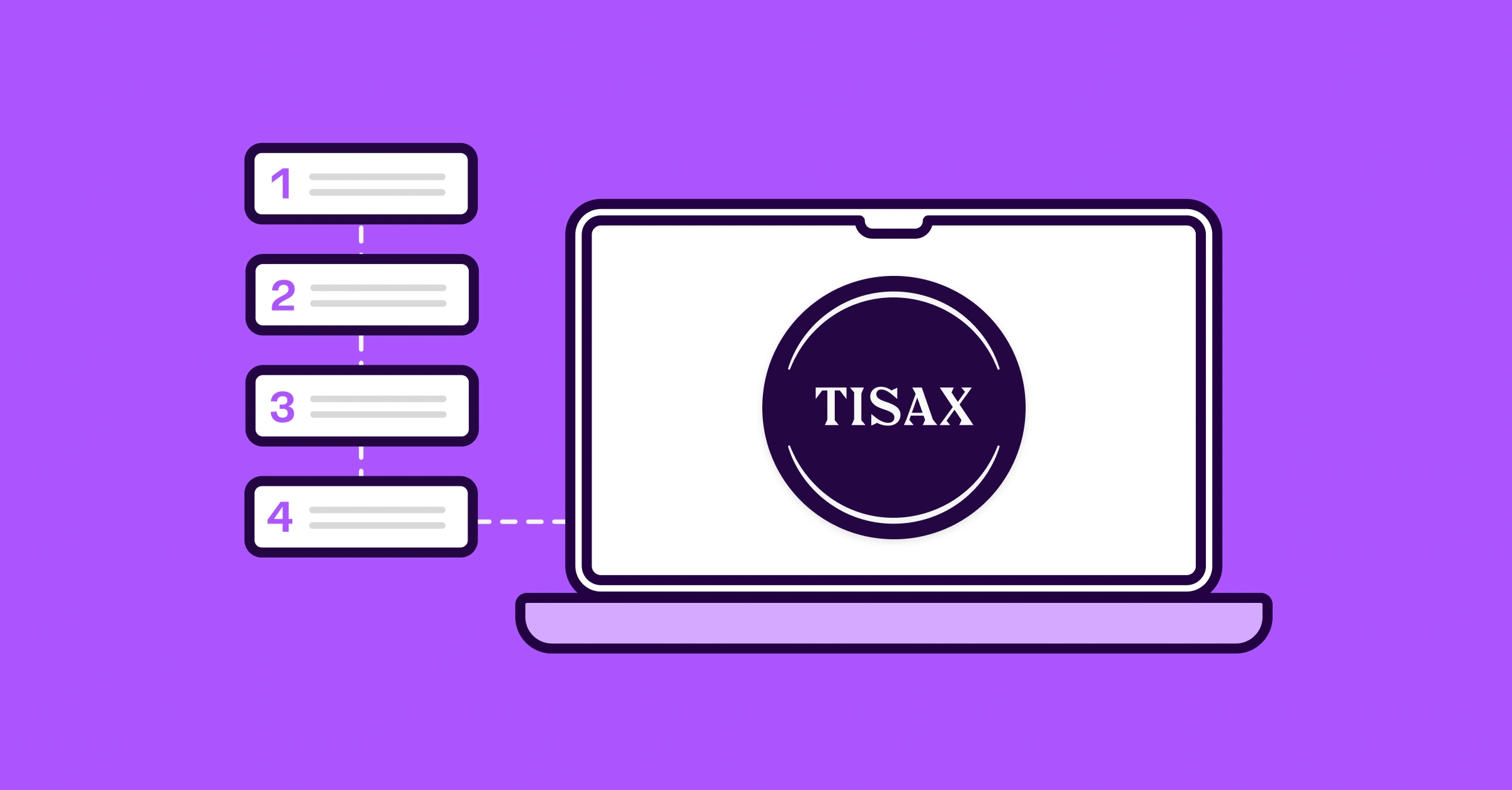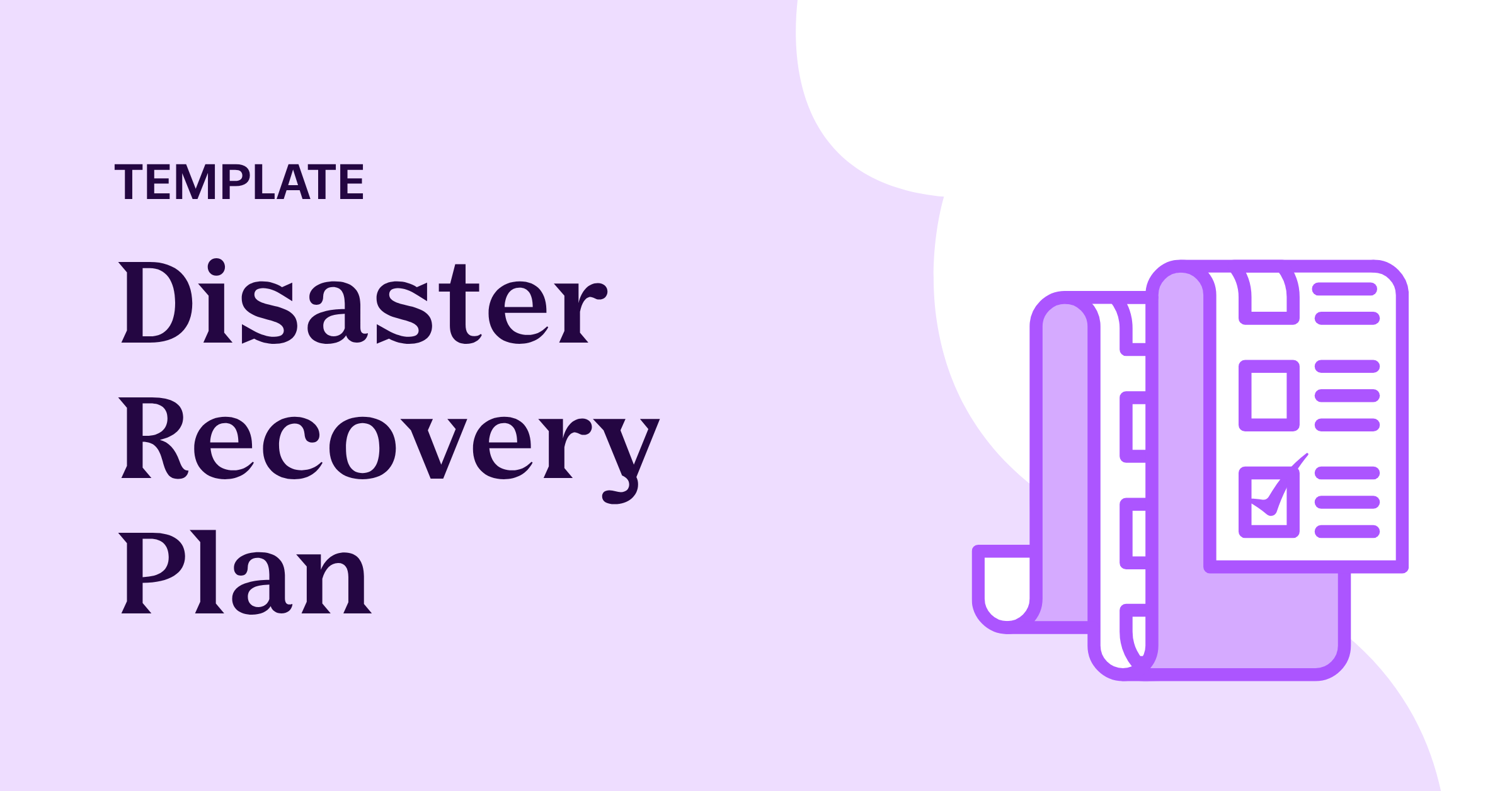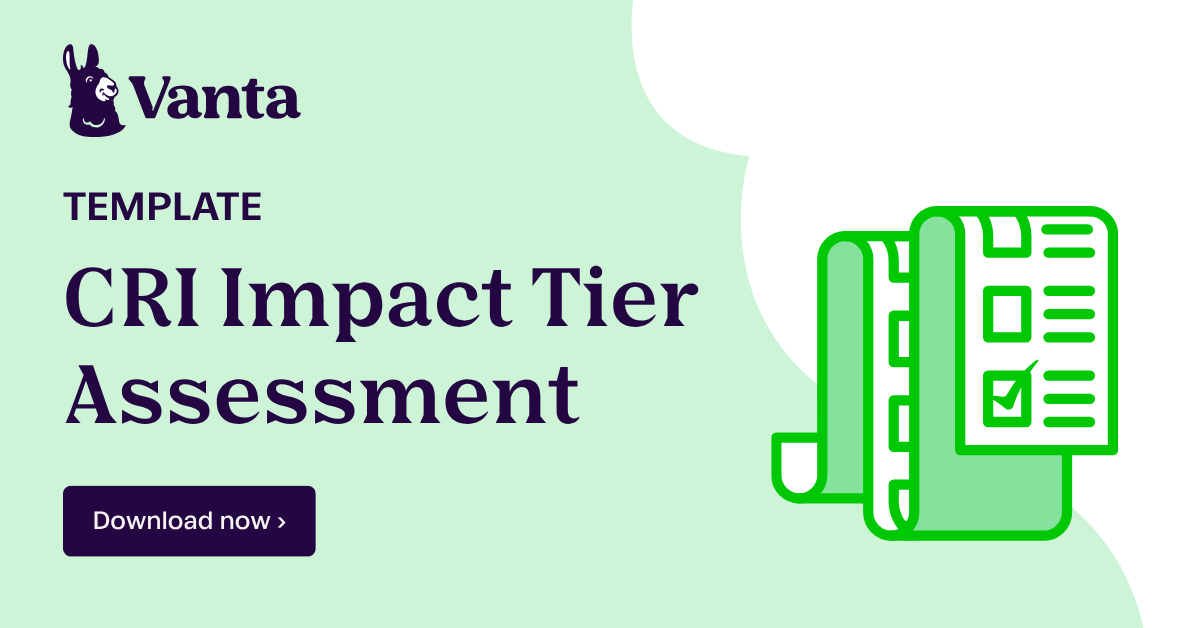Share this article

Cybersecurity is more important than ever
Accelerating security solutions for small businesses Tagore offers strategic services to small businesses. | A partnership that can scale Tagore prioritized finding a managed compliance partner with an established product, dedicated support team, and rapid release rate. | Standing out from competitors Tagore's partnership with Vanta enhances its strategic focus and deepens client value, creating differentiation in a competitive market. |
Companies today are responsible for a wealth of sensitive customer data and information. Yet hardly a day goes by without news of a data breach or a company’s mishandling of its customers’ sensitive information, resulting in various instances of fraud and identity theft. In a world where security practices are now a constant source of scrutiny, companies are looking for ways to ensure that they are compliant with industry security standards, and effectively defending against nefarious actors.
Cybersecurity is the work of protecting systems, networks, programs, devices, and data from unauthorized or malicious access and use. Hackers are vigilant in their focus on exposing security flaws that allow them to obtain and exploit sensitive data. Your company must meet that vigilance with a real commitment to data security. Data breaches are increasingly and unfortunately common — but this does not make them any more acceptable to your customers and prospects.
Companies of all types are susceptible to data breaches — including SaaS enterprises like sales and marketing, HR, team collaboration products, and more. If you gather or store customer data at any scale, you may be susceptible to a data hack. Consider the space in which your company operates and ask yourself: if a breach happens at your company, will your customers continue to do business with you — or will they take their business elsewhere? For B2B companies selling into the enterprise, it is particularly essential that you are actively protecting customer data. As your company grows and you have ever more data under your purview — the costs to your company of a potential data breach increase exponentially.
-min.jpg)
In this competitive climate, you have a clear opportunity to set your company apart from the competition by leading with strong security and compliance practices.
How can data breaches be avoided? What does it look like to have an effective cybersecurity plan in place? How can a company ensure that it is effectively safeguarding customer data — and communicate this compliance to its customers and prospects?





FEATURED VANTA RESOURCE
The ultimate guide to scaling your compliance program
Learn how to scale, manage, and optimize alongside your business goals.


















.png)
.png)
.png)






.svg)
.svg)


